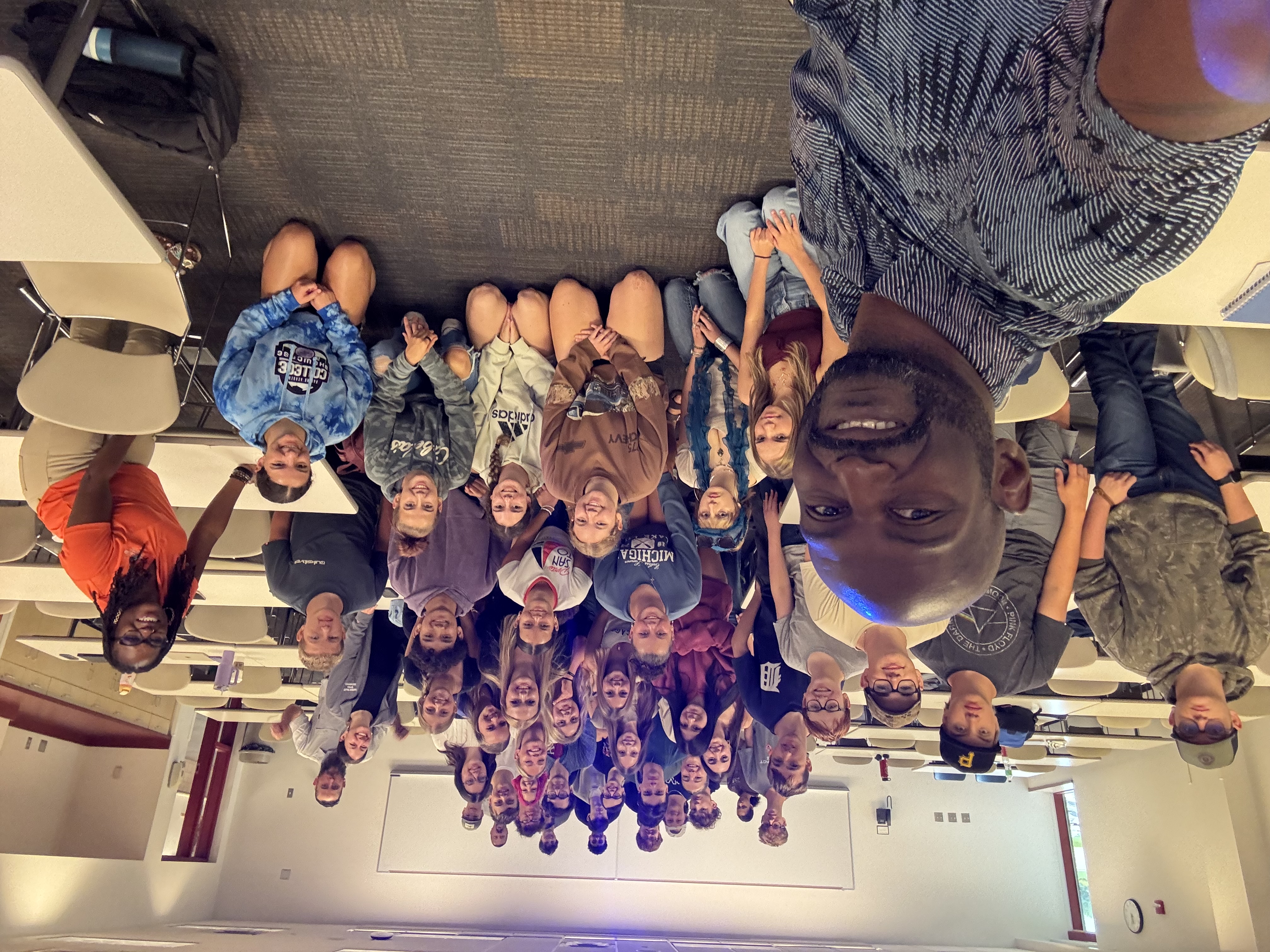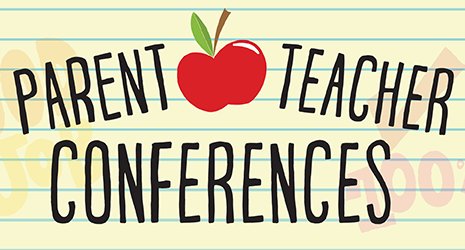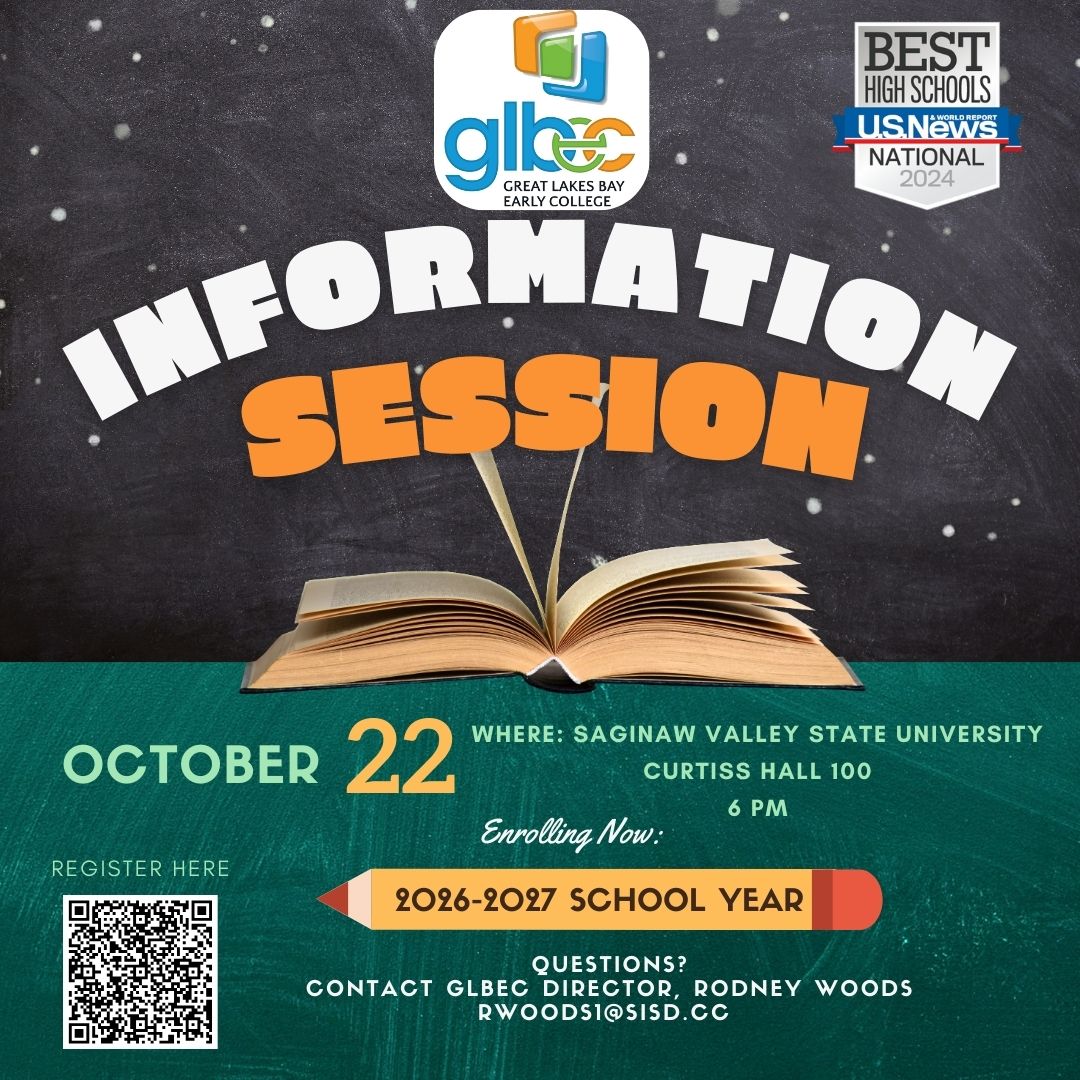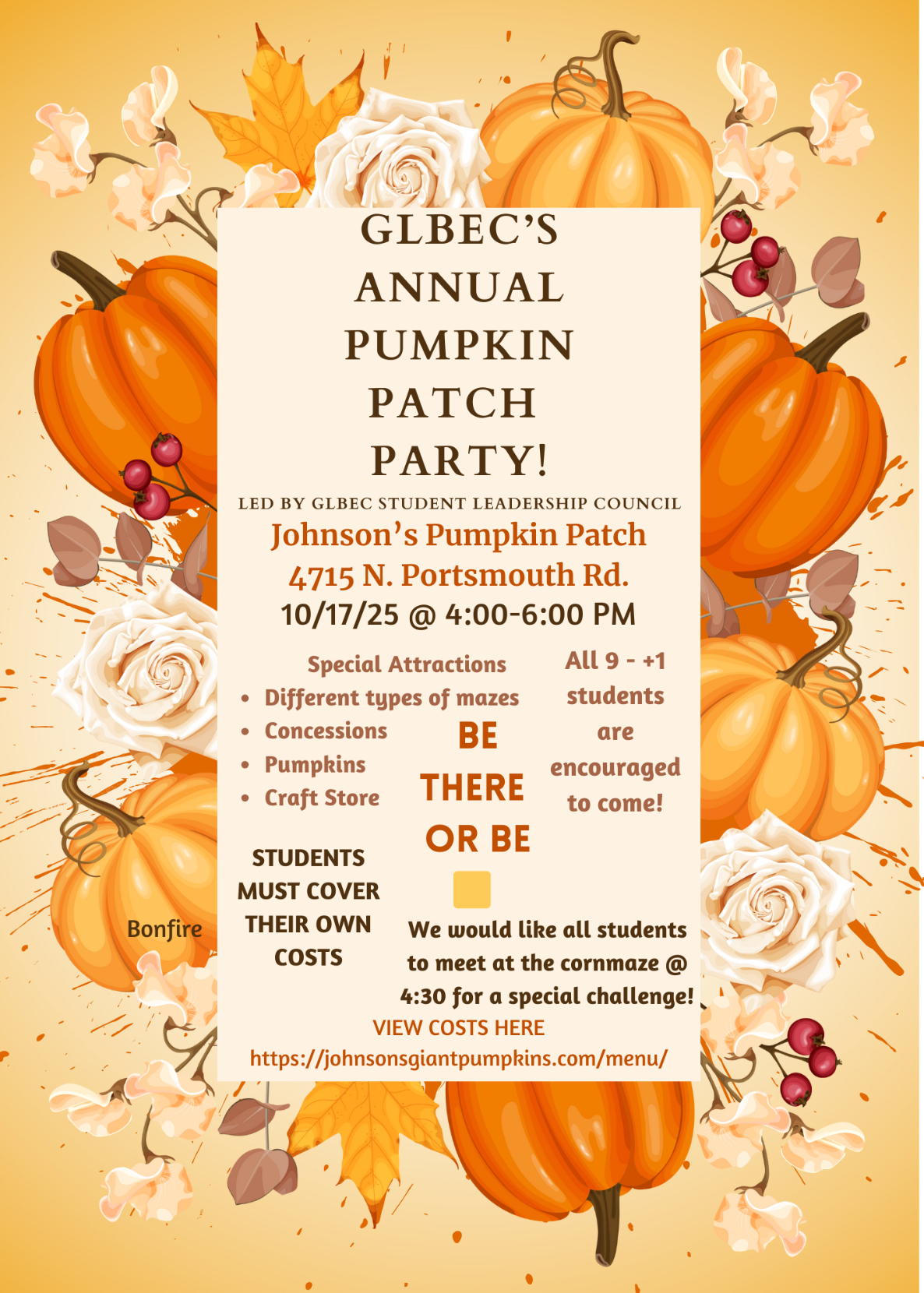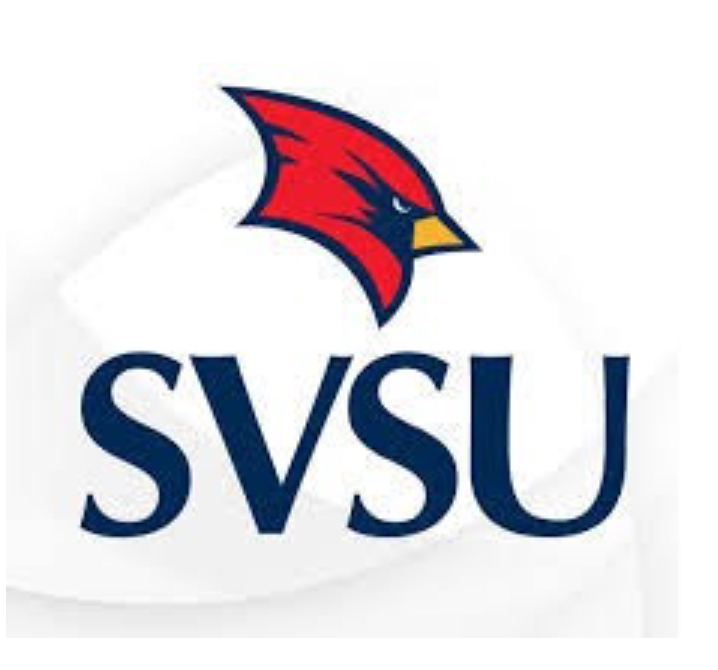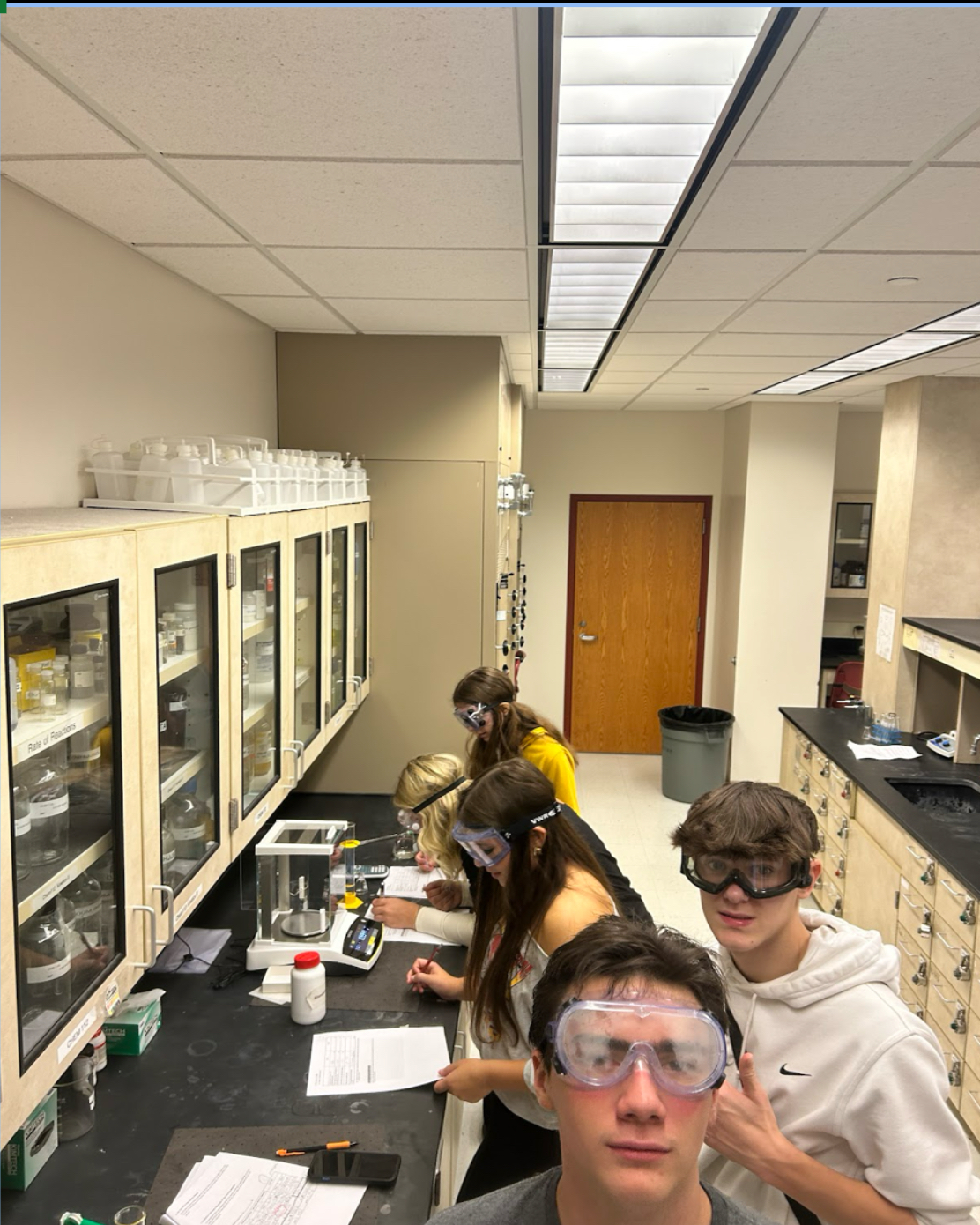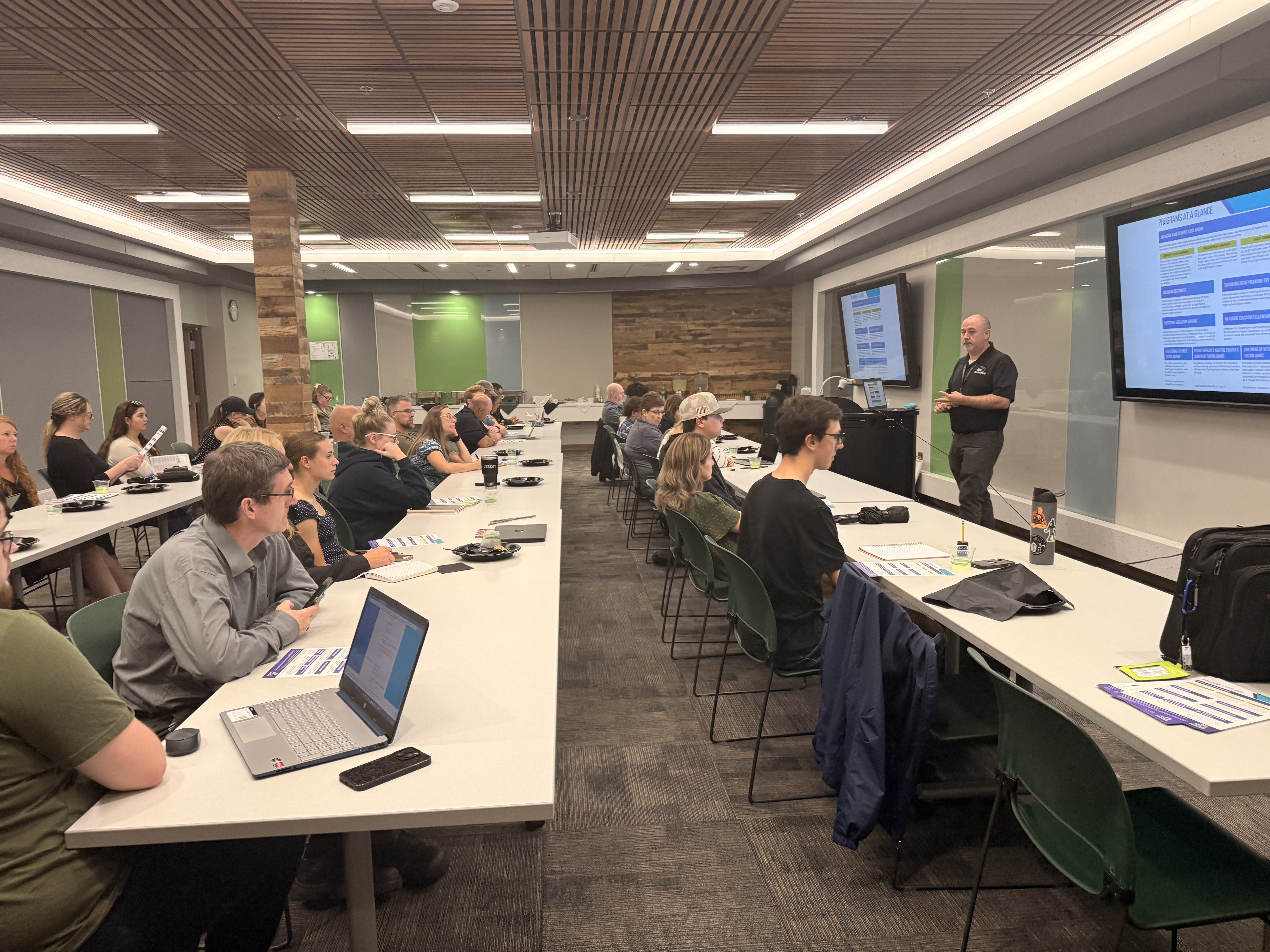As GLBEC moves through the semester, students have been hard at work sharpening reading, writing, and critical thinking skills through a variety of engaging and purposeful activities.
Students began by exploring nonfiction texts, using The Resilience Breakthrough by Christian Moore as the anchor. This powerful book offered students not only insight into personal strength and perseverance but also served as a model for analyzing structure, tone, and purpose in nonfiction writing.
Alongside our reading, students reviewed and strengthened the writing process. Students have been practicing how to effectively summarize and paraphrase information, write thoughtful analysis, and cite sources properly using the applicable style guide. These foundational skills will support their success across all subjects.
Currently, classes are diving into our Rhetorical Analysis and Persuasive Speech unit. In this unit, students are learning how to conduct research, evaluate the credibility of sources, and build compelling, evidence-based arguments. To kick things off, there was a fun and thought-provoking informal debate on a rather unconventional prompt: In the event of a zombie apocalypse, which is the better shelter—bunkers or treehouses?
While the topic was lighthearted, the task was serious. Students practiced real-world argumentation skills, including audience analysis, developing logical reasoning, and anticipating and refuting counterclaims. It was exciting to see them apply these concepts in a creative and collaborative setting.
As always, thank you for your support at home. I am looking forward to seeing how students continue to grow as readers, writers, and thinkers in the weeks ahead!
Students in Algebra, Geometry, and Pathways to Calculus have expanded their understanding of math by learning that changing the representation of information helps students to understand different aspects of mathematics. This idea carries far beyond the classroom. For example, Geometry students are studying how similar shapes keep the same proportions. This has applications in business, science, art, and baking chocolate chip cookies (which is both an art and a science).
Students are also being challenged in ways that force them to think differently about assignments. Completing simple problems quickly and easily is the least helpful form of schoolwork. Handling complex questions involves intense focus, perseverance, and resilience. This isn’t always comfortable, but it creates better learning outcomes. Embracing the struggle is a difficult shift to make, but well worth the effort.

